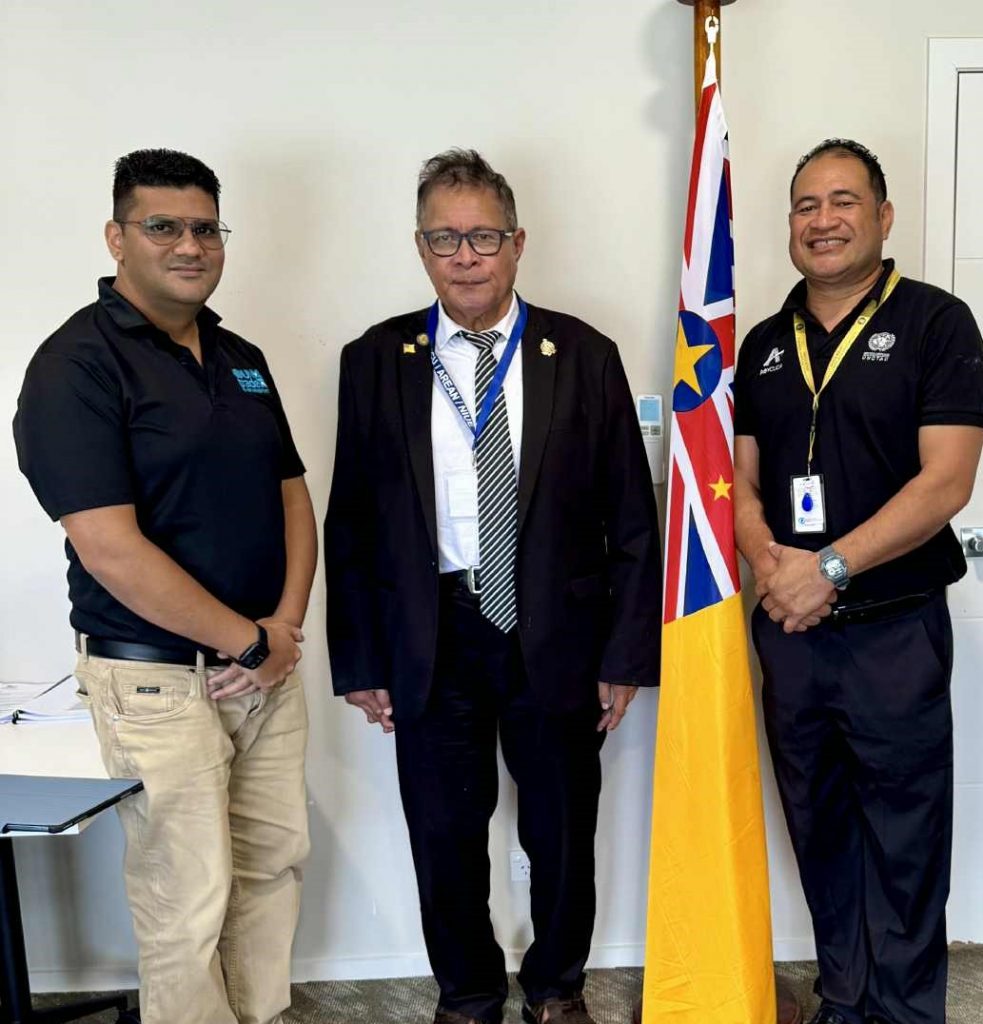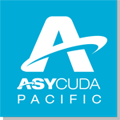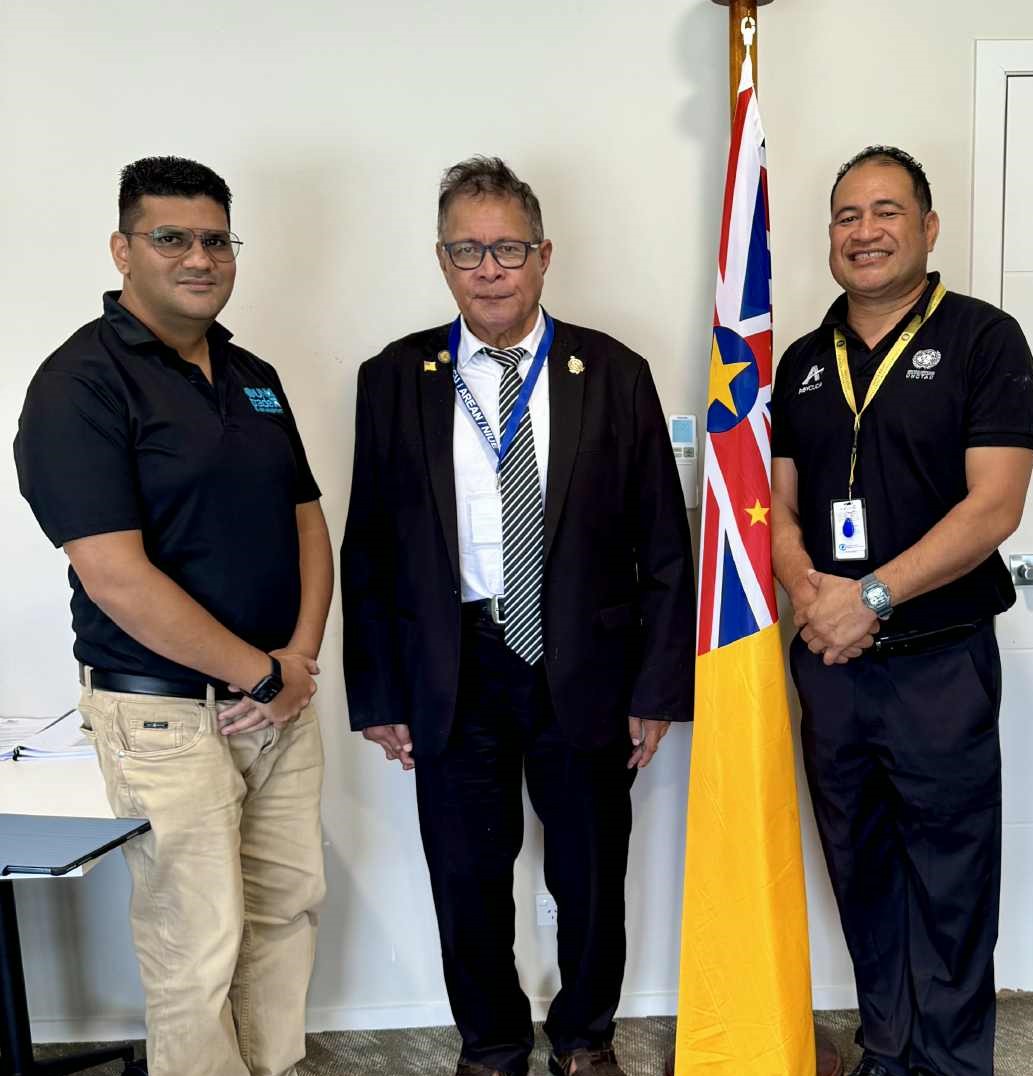The UN Trade and Development (UNCTAD) in partnership with the Niue Customs has commenced a dedicated technical mission to strengthen the implementation and functionality of the ASYCUDA system in the country.
The two-week mission is aimed at enhancing operational effectiveness at Niue Customs Service through the core automated customs platform – ASYCUDAWorld.
The UN Trade and Development’s (UNCTAD) ASYCUDA Expert in the Region, Mr. Mohammed Rizwan Khan, who is currently in the country is engaged in knowledge sharing and capacity building activities with the customs staff.
Importantly, Mr. Khan will provide a range of technical support to further enhance the functions of ASYCUDAWorld and improve the reporting capabilities for Customs.
The Honourable Minister of Finance, Mr. Crossley Tatui officially welcomed Mr. Khan, last week and reaffirmed the Government’s full support for this partnership.
Mr. Tatui highlighted the pivotal role of automation and digital solutions in strengthening customs operations, promoting trade efficiency, and aligning with regional harmonization goals.
The two-week mission will aim at delivering the following:
- Deployment of a real-time analytical dashboard to provide greater visibility into trade flows, revenue performance, and operational efficiency.
- Establishment of an automated reporting framework to support data-driven decision-making and policy formulation.
- Configuration of ASYCUDA’s credit facility function, enabling the release of goods prior to payment, thereby reducing clearance times and enhancing business continuity.
- Implementation of the Time Release module to enable Customs to measure and analyze cargo clearance times, identify operational bottlenecks, and optimize performance.
- Integration of offline declaration functionalities, allowing traders and declarants in remote areas with limited internet access to prepare customs documentation offline for late submission – improving accuracy, efficiency, and inclusivity.
- Capacity building on ASYCUDA’s warehousing functionality, strengthening inventory oversight and ensuring compliance for goods held under customs control.
- Targeted training for customs officials, private sector operators, and importers on the use of key ASYCUDA modules, including manifests and goods declarations, with a focus on simplification and user uptake.
- Strengthening the technical competencies of all customs personnel to ensure long-term sustainability and effective system utilization.
In addition, Mr. Khan will engage with the Niue Immigration Department to explore enhancements to the current passenger processing systems.
A demonstration of the ASYPX module will be provided to facilitate discussions around potential integration and future upgrades for improved border management.
The initiative is supported by the European Union-funded Improving Pacific Islands Customs and Trade (IMPACT) project and reflects on the Niue Government’s commitment to building a more efficient, transparent, and technology-driven customs administration that supports both national development and regional economic integration.
The Government of Niue reaffirms its dedication to reducing trade transaction costs, improving data reliability, and creating a more enabling environment for trade and economic development.

From left: Mr. Mohammed Rizwan Khan an Information Systems Expert from the ASYCUDA Programme for the Pacific, Niue Minister for Finance, Hon. Crossley Tatui and Niue Customs Service Comptroller Mr. Chamberlain Pita.


